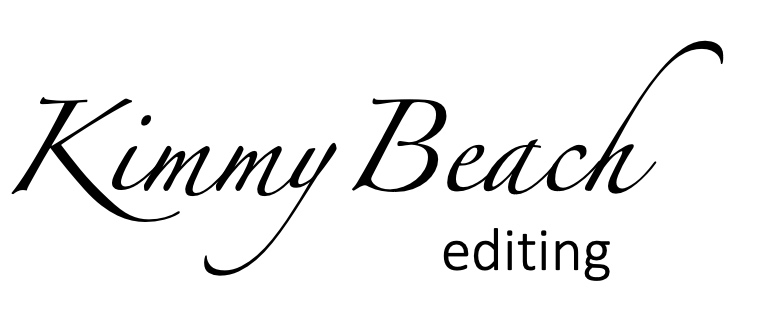Grabbity Grabbity Grab Grab Grab
When something appeals to me, I used to say “that grabbed me.” Until I became an editor, that is, and began seeing the word “grab” a zillion times in any given manuscript.
I suspect that I see it so much because “grab” is an easy word to reach for when we want a character to pick something up, take someone’s hand, find a taxi, and so on. I’ve never known why the word is so popular or so widely used. There’s nothing special about it. It’s rather dull as far as words go (unless you’re playing it strategically in Scrabble. Plenty of points there).
More than its lacklustre existence as a word, I think its ubiquitousness is a sign of precisely the kind of thing we want to avoid in our writing: using the first word that comes to mind, even if we’ve used it eleventy trillion times. I’m guilty of this several times over. I flipped through my latest collection of poems, The Last Temptation of Bond, and found two “grab”s in the first thirty-five pages. No one is immune.
Here’s some text that is pretty indicative of what I see in a lot of manuscripts.
“I woke up and grabbed my phone to check the time. Wine o’clock already! I must have fallen asleep after I grabbed that Gravol and downed it with that nice Chianti I grabbed from the back of the fridge.
I grabbed my coat and went downstairs, grabbing my mail as I passed the mailboxes. Outside, I grabbed a cab. I asked the driver if he’d take me past the coffee joint so I could grab a latte before the party. The driver grabbed a glance at me in his rearview mirror and asked if I was serious.
I grabbed my chin and looked as serious as I could muster. I grabbed an idea out of thin air.
’Grab grab grabgabble grab?’ I asked the driver.
’Grabbity grab grabbledegook,” he responded, not caring if I was offended.
’Well, grabbity blabbityy grab grab grab to you too!’ I said, as I left the taxi and made my way into the party. I didn’t want to miss out on the grab bags.”
That’s precisely the way a “grab”-heavy text reads to me after a while.
To my mind, there’s a hint of violence in the word “grab”. I imagine its use would be effective if a character takes another character’s arm in a rough manner. Now imagine grabbing a coffee with that same gesture. This is the end result of that:
You’ll have gleaned the point by now. It’s my belief that there is always a better word than “grab”. A character could pick up a phone, forage for wine, buy a latte, stroke his chin, and hail a taxi. Sure, it’s a bit more work to come up with alternate words, but do you want your reader to think that you just didn’t try?
Along the lines of the “very” exercise last week, try the same in your document with “grab”. Now pick your jaw up off the floor when you see in plain terms how many times you’ve used it. Replace those puppies.


